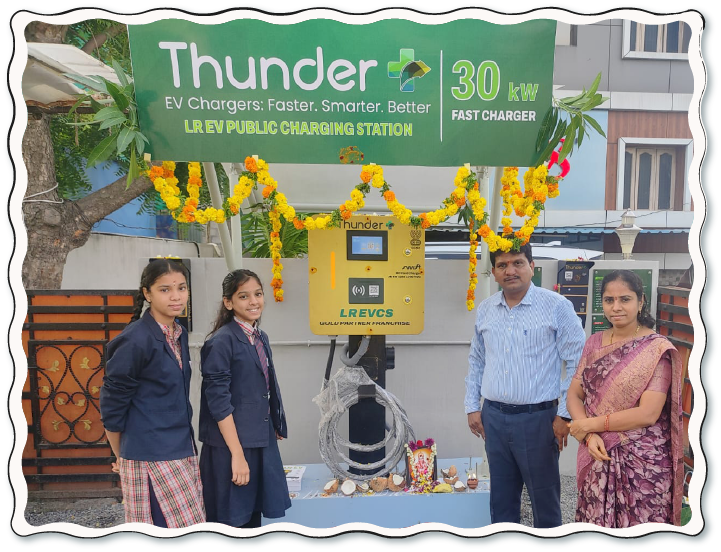
ThunderPlus has marked a significant milestone by unveiling Andhra Pradesh’s first-ever women-owned electric vehicle charging station, reflecting the rising convergence of sustainable infrastructure and gender empowerment in India’s mobility sector. This pioneering initiative underscores both the potential of EV infrastructure and the importance of women-led ventures in clean energy transformation.
The charging station, established in Andhra Pradesh, is notable not only for its cutting-edge technology but also for its leadership. Owned and operated by women, it signifies a shift toward more inclusive participation across India’s fast-growing EV ecosystem. This innovation aligns with broader societal shifts empowering women in traditionally male-dominated industries and doing so within the mobility sector.
ThunderPlus has long focused on expanding accessible EV charging infrastructure, evidenced by its previous collaboration with India Post to install EV chargers at public post offices across India. That initiative aimed to allay “charging anxiety” and broaden EV adoption through leveraging public-sector presence. With this women-owned station in Andhra Pradesh, ThunderPlus further evolves that strategy by championing inclusive ownership models alongside infrastructural expansion.
Andhra Pradesh has been a consistent frontrunner in India’s EV adoption narrative. The state unveiled its Sustainable Electric Mobility Policy 4.0 in December 2024, targeting aggressive deployment of EV charging infrastructure and the electrification of public transport fleets by 2029. This women-led station builds on that momentum by highlighting the pivotal role of gender-inclusive leadership in achieving climate-forward infrastructure goals.
This development arrives at an opportune time Ahmed Pradesh, along with leading Indian states, aims to drive both EV uptake and female participation in green tech sectors. Between government schemes and private-sector partnerships, there’s mounting support for electric mobility growth that’s also equitable and empowering.
As this women-owned charging station sets a new benchmark, it offers inspiration for similar initiatives nationwide demonstrating that fostering diversity within EV infrastructure not only fuels sustainability but also strengthens community and economic development.